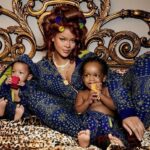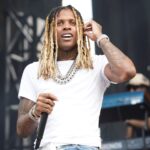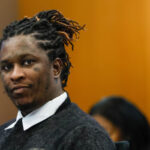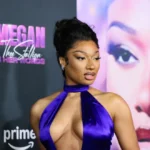It’s easy to forget now, but Jay-Z took the long road to superstardom.
It was in 1998 that Jay finally hit the mark with a combination of street savvy and radio-friendly singles. His early career had been marred by false starts, his brilliant 1996 debut had gone unnoticed by mainstream audiences and his follow-up was trashed by critics. But 1998 was when he finally got the world’s attention. By 2001, he was arguably the most influential rapper in hip-hop. Even losing his highly-publicized feud with Nas didn’t diminish his commercial appeal or cultural sway.
Younger fans probably can’t envision a hip-hop universe where Jay-Z isn’t the icon he is today. And many older fans — still overly enamored with the departed 2Pac and Notorious B.I.G. — have taken for granted the significance of the Brooklyn, N.Y.-born rhymer. Fifteen years after he finally broke through, it’s interesting to take note of what Jay-Z’s ascendance meant for hip-hop — and why it happened the way that it did.
Generation Xers love to romanticize 1990s hip-hop — and for good reason, it was a brilliant era of music. One facet of that era that goes under-acknowledged, however, is the genre’s penchant for romanticized fatalism. In terms of subject matter and aesthetics, it was a bleak time in mainstream hip-hop. 2Pac and Biggie routinely rapped about their own deaths—song titles like “If I Die 2Nite,” “Ready To Die,” and “You’re Nobody Til Somebody Kills You” made the idea of being dead by 25 seem almost noble. Bone Thugs N Harmony sang elegies like “Crossroads” and Mobb Deep videos depicted a bleak, almost nihilistic reality in regards to young, black males and their indifference towards their futures.
After the tragic murders of 2Pac and Biggie, hip-hop was offered the shiny-suit escapism of Puffy, Ma$e and Missy Elliott — but it was the emergence of Jay-Z that truly set the table for how hip-hop artists and audiences would approach the genre heading into the new millennium. Jay-Z made his ambitions clear — he wasn’t interested in dying at 25, he was interested in winning. And that optimism resonated with a generation of upwardly-mobile young black people heading into the college classrooms and corporate America at the turn of the century. He spoke a language that resonated equally with the weight-pushin’ corner hustler and the white collar cubicle-jockey; and that dual voice went on to become his stock-in-trade. In 1997, Biggie posed on his album cover next to a Hearse. In 1998, Jay posed next to a Bentley.
As time moved on, Jay made it clear that he wasn’t interested in martyrdom. His unashamedly capitalist ambitions were evident in his lyrics—many of which became mantras for a generation. His business conquests became as much a part of his image as his artistic success. While hip-hop moguls like Russell Simmons and Sean Combs had already been around, there hadn’t been a respected hip-hop artist that wore that hat as effectively as Jay-Z. His business acumen is what set him apart from the 2Pacs and Biggies, his artistic legitimacy is what set him apart from the Russells and Diddys. By the 2000s, it was routine for rappers to be visibly and aggressively entrepreneurial. Artists like 50 Cent, Ludacris, Eminem and Nelly all parlayed their commercial successes into various business endeavors. They didn’t take that approach from Nas or 2Pac. They took it from Jay-Z.
Now, he’s an elder statesmen and pop culture icon that has married what may be the most famous woman on the planet. He hangs out with the president and occasionally drops music with pals like Kanye West and Justin Timberlake. Artistically, it could be argued that he’s coasted for the past several years. Even his most die-hard fans have to admit that he hasn’t really touched his peak era of 1996-2003, despite his continued commercial success. But fan or not, his significance on the last 15 years of hip-hop can’t be denied. If Run-D.M.C. represents hip-hop’s B-boy heart and 2Pac represents hip-hop’s street-conscious soul, then Jay-Z represents the culture’s fiscally-ambitious brain.
And it’s still pretty hard to knock his hustle.

![Da Brat Marries Judy Dupart on 2.22.22 [PHOTOS]](https://hiphopucit.com/wp-content/uploads/2022/02/1645669184565-440x264.jpeg)
![Drake Reveals Photos of His Son Adonis [Photos]](https://hiphopucit.com/wp-content/uploads/2020/03/Drake-and-on-Adonis-HHUCIT.jpg)
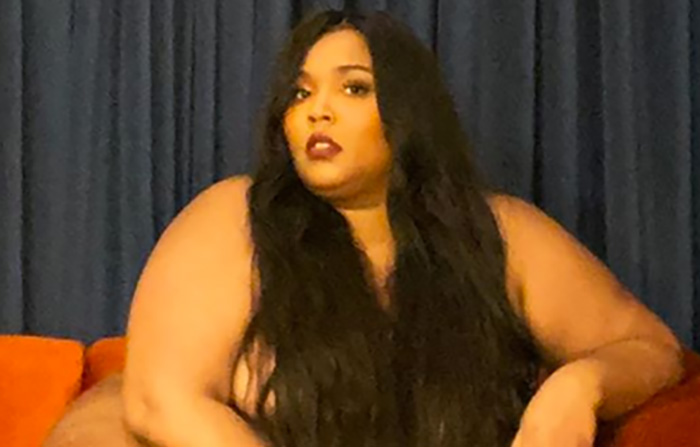
![Megan Thee Stallion – “BOA” [NEW VIDEO]](https://hiphopucit.com/wp-content/uploads/2024/05/Megan_Thee_Stallion___BOA__Official_Video__1_12_screenshot-440x264.jpg)
![Doechii Feat. JT – “Alter Ego” [NEW VIDEO]](https://hiphopucit.com/wp-content/uploads/2024/05/Screenshot-of-Doechii-and-JTs-Al-440x264.png)
![Young Thug Feat. Drake Drop – “Oh U Went” [NEW VIDEO]](https://hiphopucit.com/wp-content/uploads/2023/07/Young-Thug-and-Drake-1014x570-1-440x264.png)




